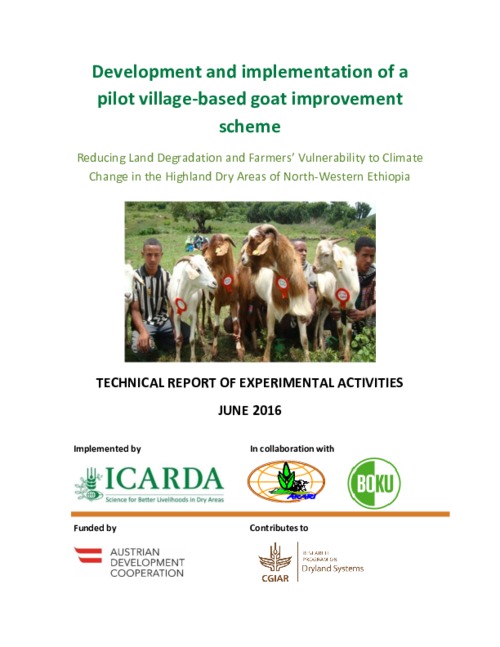Shifting Kenya's Private Sector into Higher Gear
Shifting Kenya’s private sector into
higher gear: a trade and competitiveness agenda’ was born
out of the World Bank’s Trade and Competitiveness (T&C)
Global Practice recent stock taking of its work in Kenya.
This was part of a Programmatic Approach that aimed to
organize T&C’s knowledge, advisory, and convening
services to address Kenya’s development challenges in the
private sector space. By Sub-Saharan African standards,






